Myth #1: Dental scaling damages the enamel.
Plaque is a film-like layer that forms on teeth and, if not cleaned properly, can mineralize into hard deposits called calculus. These deposits can only be removed via professional cleaning, known as scaling.
Even with meticulous oral hygiene, Plaque and calculus deposits can form on teeth and hence scaling is recommended after every 6 months to ensure a clean mouth.
A common myth is that scaling strips off enamel, which is not true. While the sound may be intimidating and may feel like a cutting device, ultrasonic scalers are used to dislodge calculus deposits from the tooth surface through piezoelectric current, working via vibrations at high frequencies.
Myth #2: Flossing is not important.
While we are mostly aware that we need to brush twice a day, flossing is majorly neglected.
To explain why it's important, you need to know that the tooth has 4 surfaces. You can easily brush the front and back surfaces with a toothbrush. However, the proximal surfaces can only be reached via a floss.
Any food particle or debris trapped between the tooth contacts will need to be removed with a floss to manage effective cleaning. Otherwise, bacteria will ferment the food particles and cause caries in the tooth. So yes, flossing is integral to maintain good oral hygiene.
Myth #3: Mouthwash is a good alternative to brushing.
For starters, mouthwash is not a substitute for brushing; rather, it complements the cleaning process and provides a sensation of freshness.
However, using mouthwash excessively is also not advisable as it disrupts the natural microflora in our oral cavity. Overuse, particularly of mouthwashes containing alcohol, can lead to dry mouth, creating an environment where bacteria thrive and potentially causing cavities. Additionally, they can contribute to teeth staining.
If you’re unsure, seek professional advice on the best dental products to use.
Myth #4: Manual and electric toothbrushes are equally effective.
Due to new technology, electric toothbrushes typically offer superior cleaning effectiveness, efficiency, and additional features compared to manual brushes.
Their oscillating or vibrating bristle movements can remove plaque and debris more thoroughly from hard-to-reach areas, while built-in timers and pressure sensors ensure proper brushing technique.
Electric brushes are also easy to use to use, and can especially be useful in motivating children and people with limited manual dexterity.



